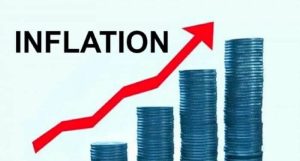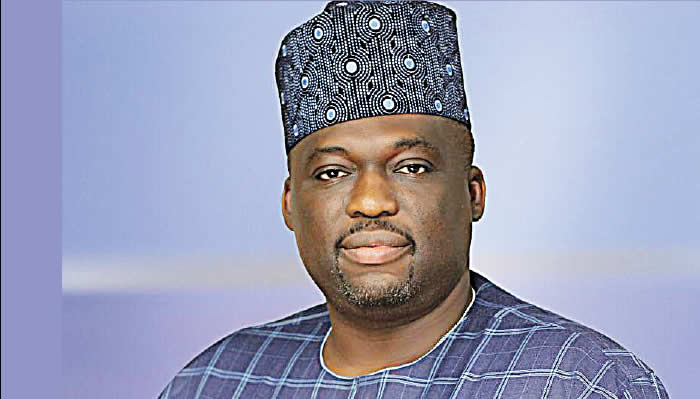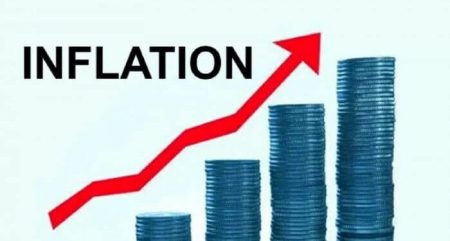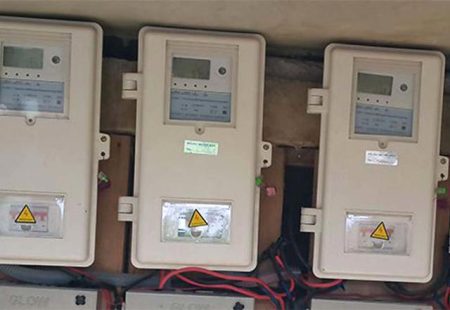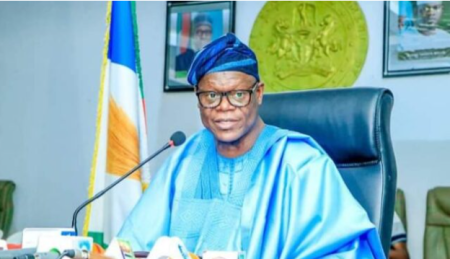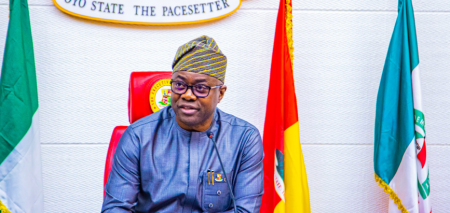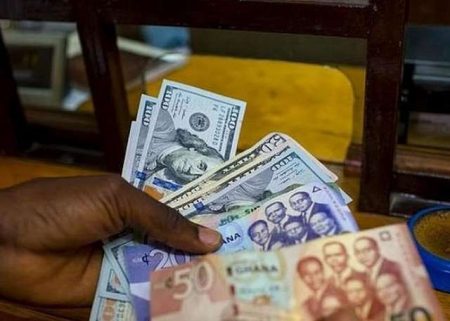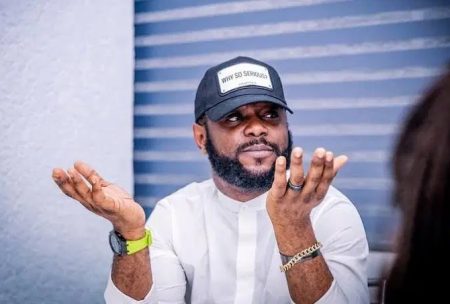The Allure of Nigeria’s Manufacturing Sector: A Paradox of Foreign Investment Amidst Local Hesitation
Despite the prevailing narrative of economic hardship and operational challenges within Nigeria’s manufacturing sector, a counter-intuitive trend is emerging: foreign investors are actively seeking opportunities and establishing a presence in the country. This surprising development, highlighted by George Onafowokan, Managing Director of Coleman Wires and Cables Industries Limited and Chairman of the Ogun State chapter of the Manufacturers Association of Nigeria (MAN), presents a stark contrast to the often hesitant and complaint-ridden stance of local manufacturers. Onafowokan, based on his experience reviewing new company applications, observes a significant influx of foreign firms setting up shop in Nigeria, suggesting a disconnect between external perceptions and the on-the-ground reality. This influx of foreign investment indicates a belief in the long-term potential of the Nigerian market, a perspective that local players are seemingly overlooking. The narrative then shifts from one of despair to one of untapped potential, urging Nigerian manufacturers to adopt a more proactive and optimistic approach.
Onafowokan’s assertion raises critical questions about the perceived versus actual investment climate in Nigeria. While acknowledging the existence of challenges like multiple taxation, he emphasizes that these hurdles haven’t deterred foreign investors, nor have they entirely crippled resilient local manufacturers. This resilience, coupled with the continued inflow of foreign capital, paints a picture of a sector with inherent strength and latent opportunities. It suggests that the narrative of hardship may be overshadowing the potential for growth and innovation. The challenge then becomes one of perception management, encouraging local businesses to look beyond the immediate obstacles and embrace the long-term prospects.
The quality of Nigerian-made products also plays a significant role in this unfolding narrative. Onafowokan points to his own company, Coleman Cables, as a prime example of a local manufacturer producing goods of superior quality compared to many foreign alternatives. This highlights a critical aspect often overlooked in discussions about local industry: the capacity for excellence and competitiveness. It underscores the need for a shift in consumer behavior, encouraging Nigerians to prioritize locally made products and contribute to the growth of the national economy. The call is for a patriotic approach to consumption, emphasizing the long-term benefits of supporting local industries over short-term gains from imported goods.
Further insights into this paradoxical situation were provided at the 2025 BusinessDay Manufacturing Conference, themed ‘Unlocking Nigeria’s Manufacturing Potential: Strategies for Sustainable Growth Amid Economic Turbulence.’ Experts like Adetunji Aderinto, founder of Zetamind Consulting Limited, pointed out that foreign investors often identify and capitalize on opportunities that local manufacturers overlook. This observation underscores the need for enhanced market analysis and a more strategic approach to business development within the Nigerian manufacturing sector. Aderinto stressed the importance of leveraging technology and data to improve market insight, reduce costs, and understand consumer needs. This data-driven approach is presented as a key to unlocking growth and enhancing competitiveness in the face of foreign competition.
The conference also highlighted the crucial role of government policy in fostering a conducive environment for manufacturing growth. Olusola Obadimu, Director-General of the Nigerian Association of Chambers of Commerce, Industry, Mines and Agriculture (NACCIMA), called on the Federal Government and the Central Bank of Nigeria (CBN) to take decisive action against inflation. He also urged state governments to prioritize development projects that directly benefit the populace, moving beyond a narrow focus on revenue generation. This call for a more people-centric approach to governance underscores the importance of creating an environment that supports both businesses and consumers.
Finally, Segun Ajayi-Kadir, Director-General of MAN, emphasized the government’s responsibility in establishing robust policy frameworks to support the manufacturing sector’s growth. He advocated for strategic action across infrastructure development, fiscal policy, and regional integration. Ajayi-Kadir commended the National Assembly’s passage of four tax reform bills aimed at simplification but stressed the importance of swift and effective implementation. He also called for the codification of the Nigeria First Policy into law, complete with stringent penalties for defaulters. This emphasis on policy reform and enforcement highlights the critical role of government in creating a level playing field and fostering a climate conducive to sustainable growth within the manufacturing sector.


